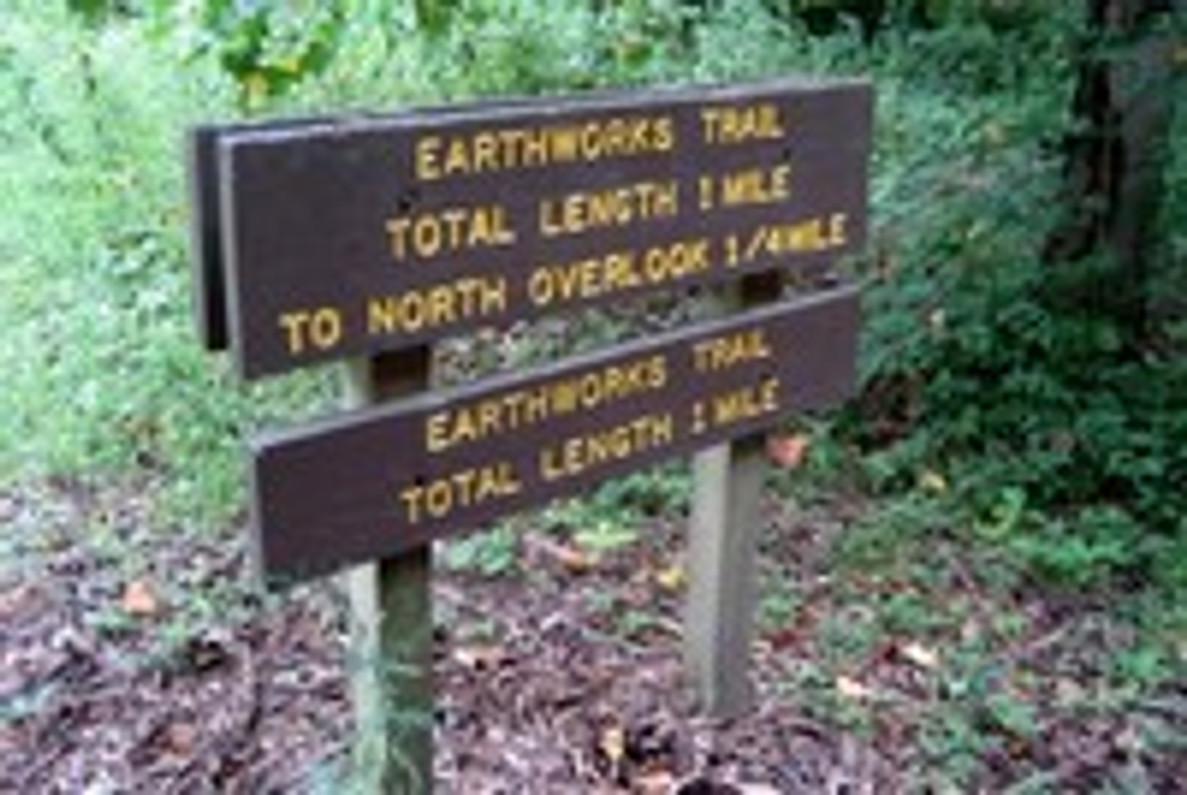Camping and Hiking Safety Tips
Hiking and camping are two fun and rewarding outdoor activities that people of all ages can enjoy. Whether it's on the east coast, west coast, or anywhere in between, adventuring into the wilderness is a truly experience that allows you to see mother nature up close and personal. However, hiking and/or camping can also be dangerous if certain safety precautions are not taken.
Don't Go Hiking Alone
When hiking, a good rule of thumb is to always bring at least one person with you. Regardless of much time and energy you spend preparing for a hike, there's always the possibility of a debilitating injury or illness occurring. And when you're miles away from civilization, being incapacitated can prove to be deadly.
Call up a friend or family member to see if they are willing to tag along on your hiking trip. Most people will gladly jump at the opportunity, and besides, the worst that can happen is they'll say no.
Get Vaccinated
The Centers For Disease Control and Prevention (CDC), recommends adults and children receive the appropriate vaccinations before going on outdoor adventures. The wilderness is filled with bacteria, viruses, mold and other nasty microorganisms. Failing to stay up to date on your vaccinations, could leave you vulnerable to a wide range of infectious diseases.
Talk with your primary care physician to see what vaccinations you've already had and which ones you need. Some of the vaccinations that doctors may recommend include tetanus, pertussis (whooping cough), meningitis, and hepatitis A.
Food Storage and Preparation Tips:
- All meats and dairy products should be stored inside ice-packed coolers to prevent spoilage.
- When preparing foods, avoid cross contamination by separating raw meats from vegetables, fruit and other foods.
- Use a meat thermometer to ensure the internal temperature of beef is at least 160 degrees Fahrenheit.
- If you're camping in an area of known bear activity, hang your food in a bucket or cooler over a tree limb.
- Use hand sanitizer or soap after touching raw meats.
Bugs, Bugs and More Bugs!
If you plan on hiking and/or camping in the woods, chances are you'll come into contact with insects. Mosquitoes, ticks, gnats, flies and bees are just a few of the many "pest" insects that are commonly found in the woods. You can protect yourself from them by applying a DEET-based repellent to your clothing. A proper repellent should contain a minimum of 20% DEET for full protection against bug bites.
Recent Posts
-
Fire Safety in the Workplace: What You Need to Know
What steps are you taking to prevent fires in your workplace? According to the U.S. Occupational Saf …Aug 23rd 2023 -
Is It Safe to Go Jogging With a Cold Infection?
If you're suffering from a cold infection, you might be wondering whether it's safe to go jogging. T …Aug 22nd 2023 -
5 Safety Tips to Follow When Using a Powder-Actuated Tool
Powder-actuated tools are commonly used to join materials to steel and concrete. Also known as Hilti …Aug 20th 2023




